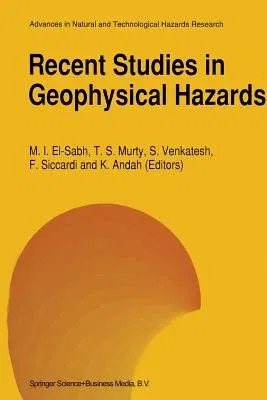Over the past 20 years the costs of natural disasters have escalated
significantly. The lives of over 800 million people have been disrupted
and the number of catastrophes has nearly quadrupled. At present, the
increasing global threat of natural disasters, in spite of our increased
knowledge, is ominous. With the growth in world population, the
increasing of resources in newly developing areas, and the increasing
cost and sophistication of engineering structures and technical
installations, there is an urgent need to seek to understand the
potential threats posed by natural hazards and to ascertain the best
ways of mitigating their damaging effects.
To meet this urgent threat, the United Nations (UN) General Assembly in
December 22, 1989 passed a Resolution which declared the 1990s to be the
International Decade for Natural Disaster Reduction (IDNDR). As a
contribution to the decade, the International Symposium Hazards--91 was
held in Perugia, Italy, during 4--9 August 1991. The conference was
attended by specialists from 34 countries, and a total of 110 papers
were presented at 20 sessions, covering a very broad range of topics
which proved to be of significant value for future research. The sixteen
articles included in this book provide a unique overview of the
state-of-the-science in geophysical hazards including climatic,
atmospheric, hydrological and geological hazards. Furthermore, the
results of a panel on the IDNDR and the recommendations adopted during
the meeting are presented at the end of this volume. Recent Studies
in Geophysical Hazards is thus an excellent reference source for
scientists, engineers, and policy makers.


